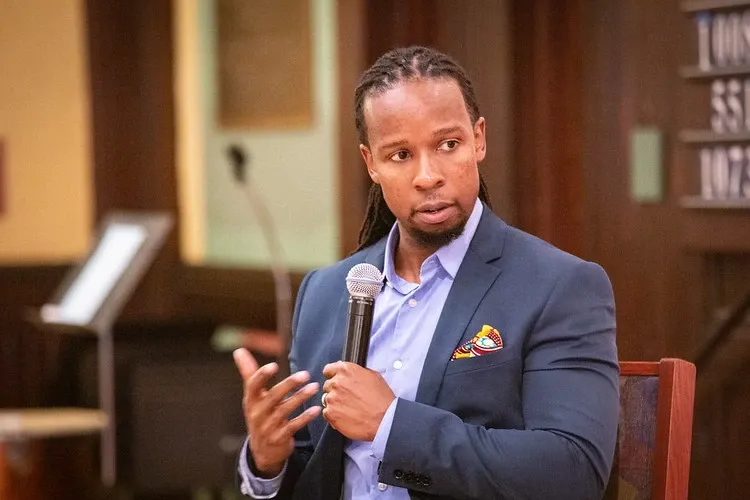Popular programs surrounding anti-racism tend to increase racial hostility and suspicion among participants, according to new research from the Network Contagion Research Institute.
The study completed in conjunction with the Rutgers University Social Perception Lab evaluated “diversity training interventions” that emphasize awareness of “systemic oppression,” a notion popularized by critical race theory scholars such as Ibram X. Kendi and Robin DiAngelo. The researchers sought to examine whether the “ideas and rhetoric” in popular diversity trainings “foster pluralistic inclusiveness” or instead “exacerbate intergroup and interpersonal conflicts.”
The study ultimately found that “instead of reducing bias, they engendered a hostile attribution bias” among subjects, worsening perceptions of “prejudicial hostility when none was present.”
Several hundred undergraduates from Rutgers University were sorted into two groups: one which read an essay that combined texts from Kendi and DiAngelo, and another neutral control group which read an essay about corn production. The researchers then presented them with a racially neutral scenario in which a student applied to an elite university but was rejected.
The students who read the anti-racism materials from Kendi and DiAngelo ultimately “perceived more discrimination from the admissions officer” who conducted the imaginary interview relative to the control group despite the “complete absence of evidence of discrimination.”
Far more purported instances of microaggressions, violence, and harm were observed by those exposed to the material relative to the control group, indicating that the anti-racism texts from Kendi and DiAngelo influenced the students to “impute bias without evidence” in the scenario.
The researchers concluded that diversity narratives “can engender a hostile attribution bias and heighten racial suspicion, prejudicial attitudes, authoritarian policing, and support for punitive behaviors in the absence of evidence for a transgression deserving punishment.”
Other studies have likewise questioned the legitimacy of diversity, equity, and inclusion programming and trainings. Two researchers recently scrutinized a widely cited study from consulting firm McKinsey and Company claiming that diverse executive workforces are associated with higher profits, eventually revealing that they could not replicate the results.




